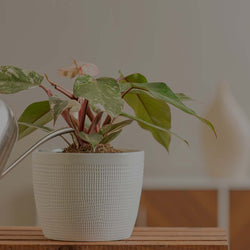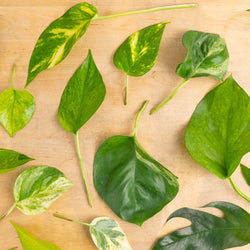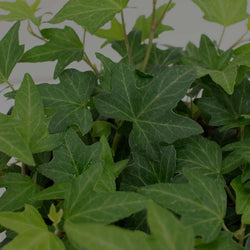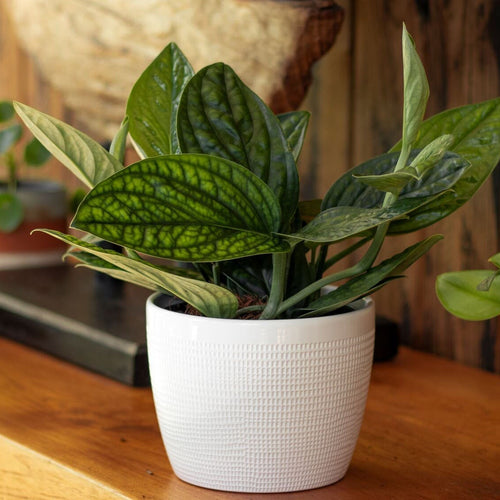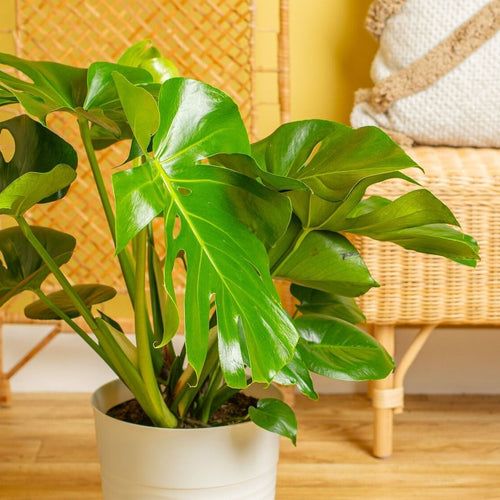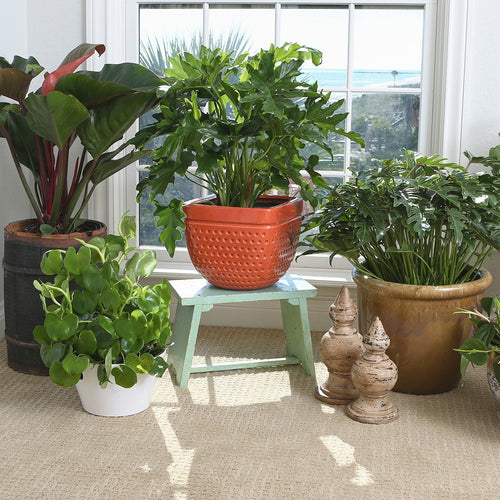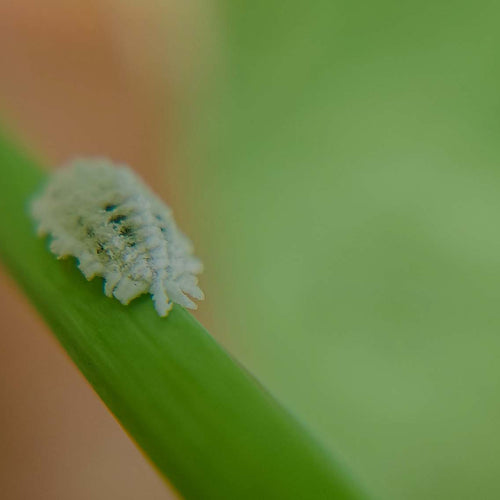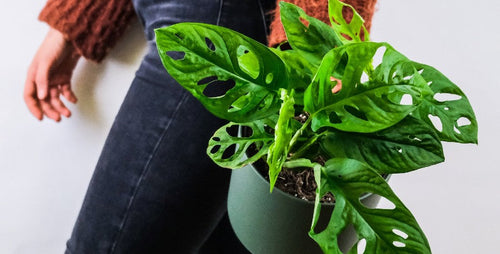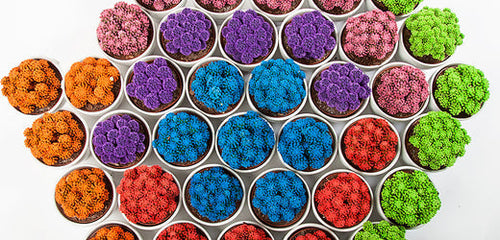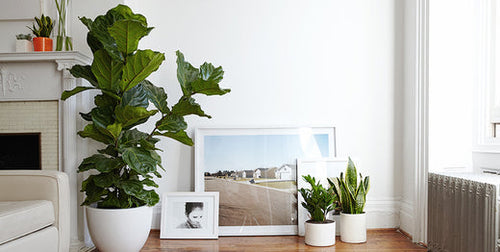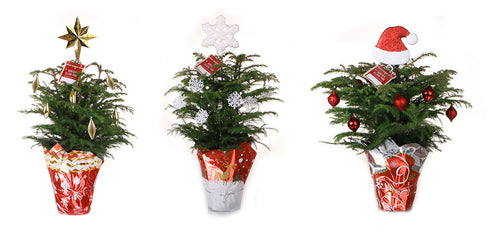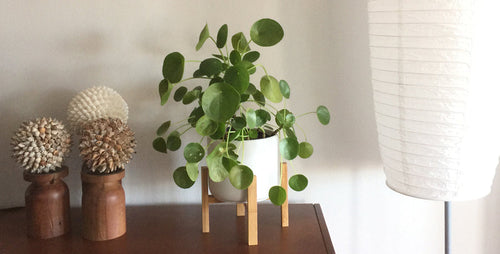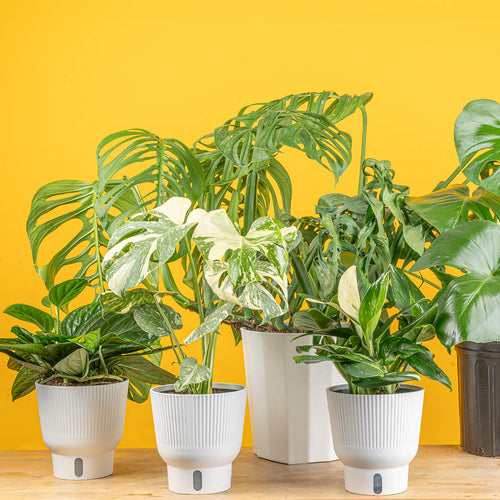
Congratulations! You’ve decided to add a new plant (or more) to your home.
But before you shop, do some research. Start by asking yourself the basic questions we’ve outlined here and then follow up by spending time with the Plant Finder section of our website. That way you can create a customized shopping list of plants you can be successful with.
Lighting
Where do you want your new plant to live? Are you looking for something to brighten up a dark bathroom or do you want a plant that will thrive in a sunny living room or balcony?
Remember, plants have different light requirements so you’ll need to select plants that work in the appropriate conditions. For example, in darker rooms you will have more success with plants such as:
Location
Before becoming a plant parent, consider how much space you have to share. Some indoor plants can eventually grow quite tall and will quickly take over your living room. If you have high ceilings that’s great, but in a small apartment you might want to avoid plants that could grow out of bounds. These include:
Plants with more compact habits include:
- Peace Lily
- Hoya
- Spider Plant
- Snake Plant
- Money Tree
- Lucky Bamboo
- Aralia
- Begonia
- Lipstick Plant
- Nerve Plant
- Prayer Plant
- Calathea
Atmosphere
Do you live in a home or apartment with dry air, especially during the winter? If so, maybe you need to look for plants like succulents or cactus, that are just fine in arid conditions, Other species that evolved in the tropics such as palms, dracaenas, ficus, and ferns may prefer a home with higher humidity.
Just remember, that no two plant species are exactly alike so treating all your plants the same may result in mixed results. By knowing your plants needs before you bring them home, will make you a successful plant parent.
See some of the top houseplants for new plant parents
Written by Doug Jimerson
